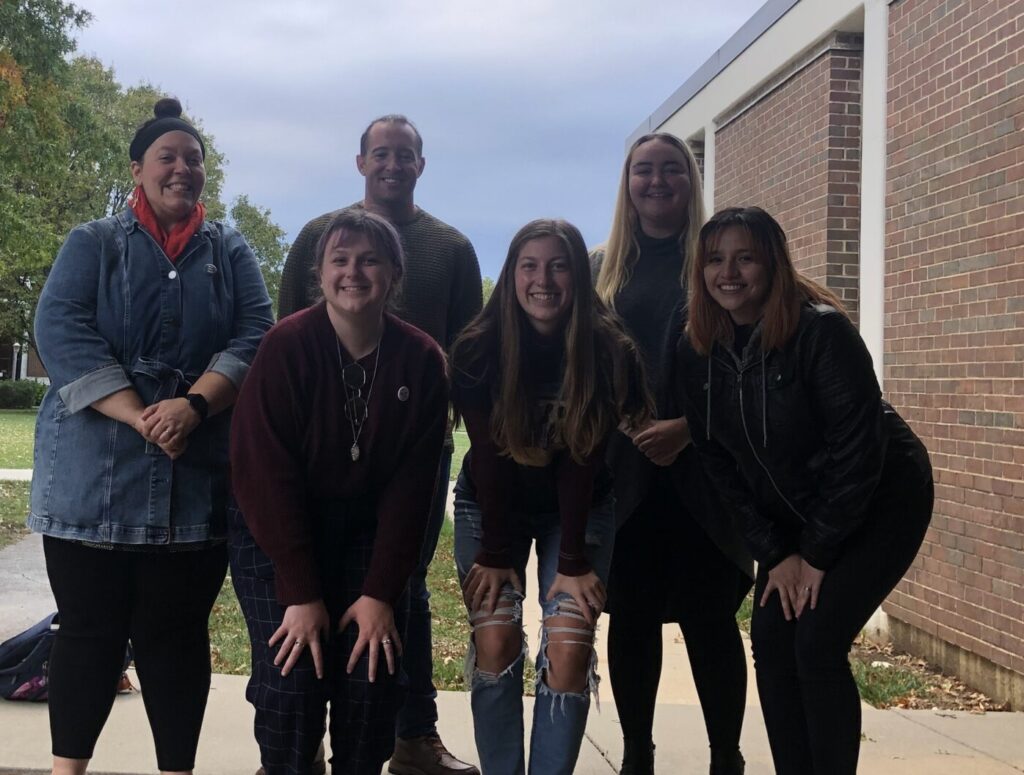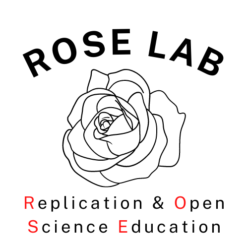I am Jordan Wagge, and I run the ROSE lab in psychology at Avila University. If you’d like to know a little bit about what we do in the lab, and my research and teaching philosophies, please read this or listen to this podcast episode.
We currently have three main lines of research, described below:
1
Replication work. Dr. Wagge is the Executive Director for the Collaborative Replications and Education Project, which serves to guide and support student replications of published research in psychology. Follow us on Twitter!
Because the work we replicate is related to many different subfields of psychology, students who work in my lab can anticipate getting good general training in a cross-section of methodological skills and current best practices in open science. I see this as a big benefit for students who are working on building a lot of different skills; often in research labs or graduate programs, students are exposed to a limited set of research tools and methodologies, which means they may be very good at a limited set of tasks when they graduate. It is my goal to give students exposure to as many different concepts and research tools as possible and to spend time uncovering the hidden curriculum that most students don’t get if they are not at a doctoral-granting institution or have been socialized into academia.
We have been awarded a 3-year (June 2022 – May 2025), $267,741 grant (NSF Award 2141930) to conduct this work. You can read more about the grant and what it means for Avila here.
2
Pedagogy. Dr. Wagge is interested in pedagogical (teaching & learning) questions, particularly as they relate to the teaching and learning of research methods and statistics in psychology. These classes might not be everyone’s “cup of tea,” but that’s exactly why we need more research on this! There is so much work to be done here — what types of assignments help meet different learning outcomes in these courses? What are the consequences of not meeting the learning outcomes for later courses? How do student attitudes and experiences help predict whether they learn the material? How do instructors’ approaches interact with these attitudes and experiences?
3
Critical Weight Studies. A developing area of research in the lab is the area of Critical Weight Studies. For several years I did work in the area of “food cognition” and found that the literature — like much of the dominant rhetoric around weight and health in American culture — is problematic. One current project is a content analysis of textbooks in introductory psychology regarding how they address weight and health. Other interests include examining illusory correlations between fatness and disease, categorization of individuals as “healthy” or “unhealthy” based on body size, language used to describe weight across race, class, and gender, overestimation of the efficacy of “diets,” and interventions to correct misinformation about body size.

